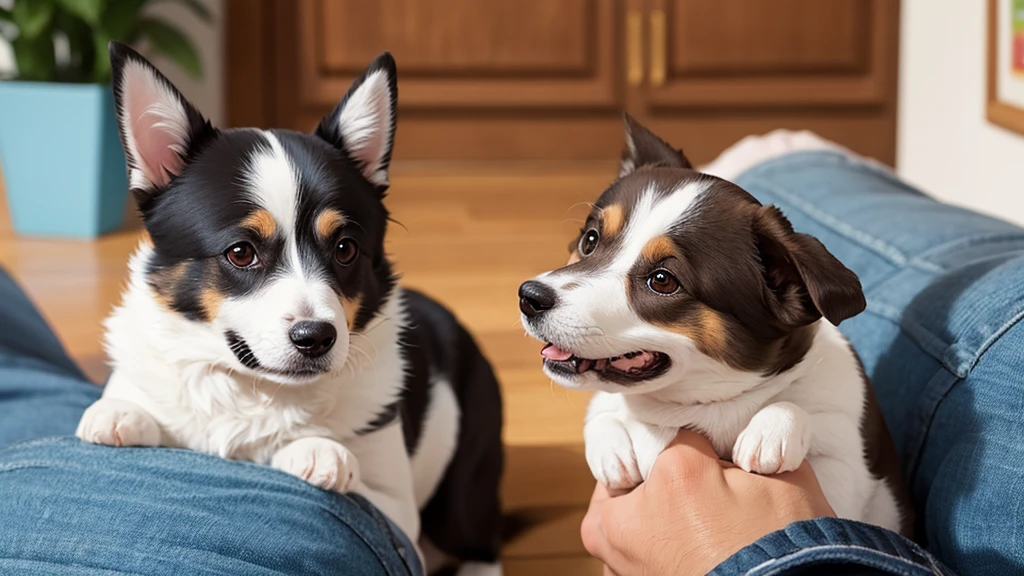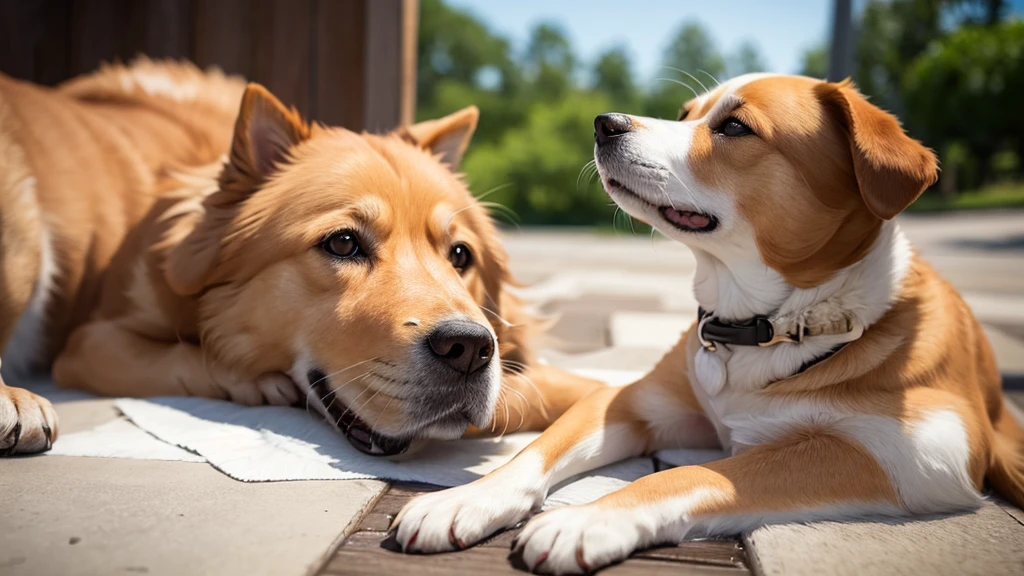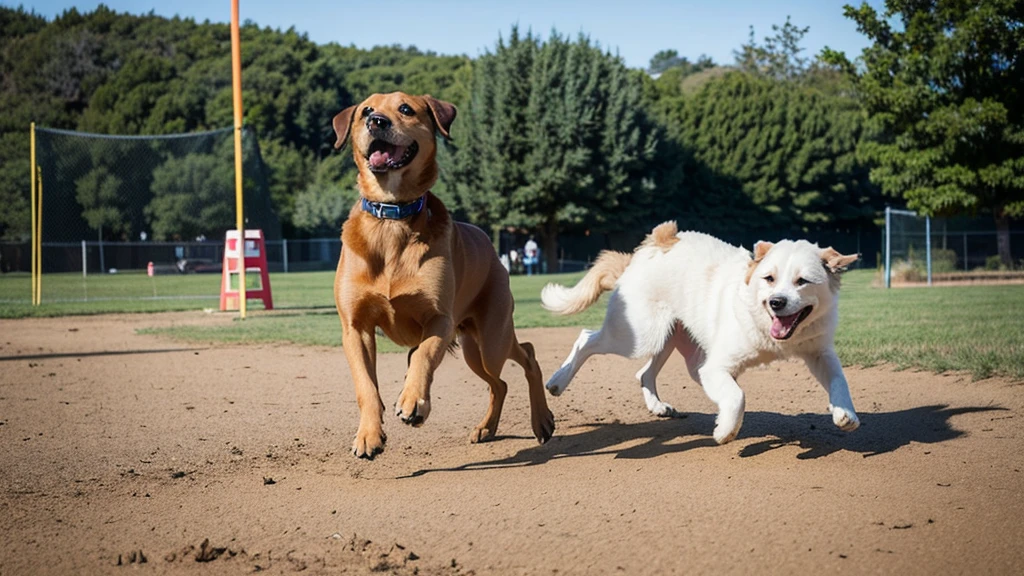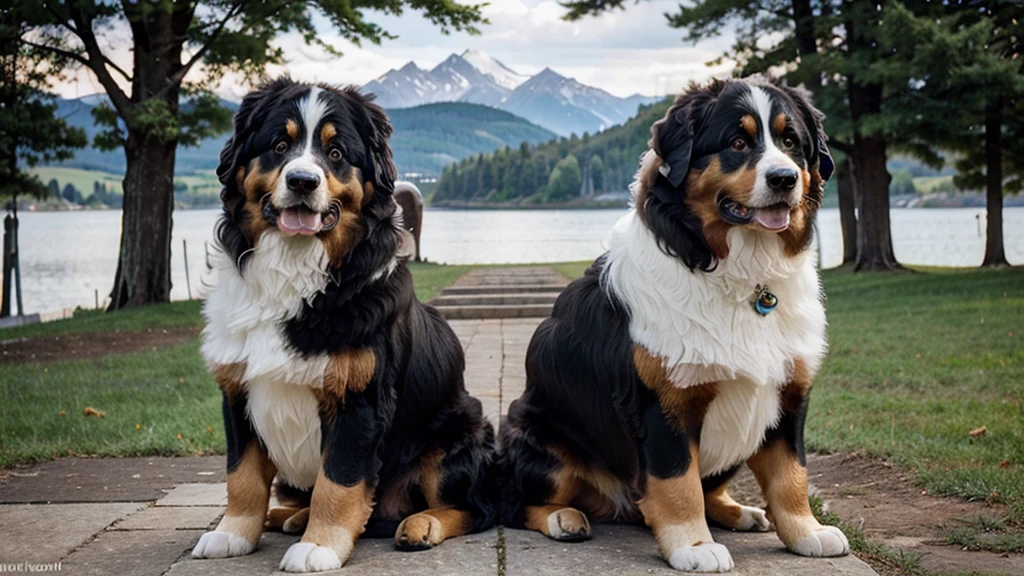Introduction:
Socializing your dog with other pets is essential for his overall well-being and behavior. Whether you have a new puppy or an adult dog, proper socialization can help him develop positive relationships with other animals and reduce the risk of aggression or anxiety. In this guide, we explore several tips and techniques to help you successfully socialize your dog with other pets.
Understand the importance of socialization:
Socialization is the process of exposing your dog to different environments, people, animals and situations to help him adapt and gain confidence. Early socialization, especially during the puppy stage, is crucial for shaping your dog’s behavior and temperament. It helps them interact appropriately with other pets, preventing anxiety or aggression in the future.
Start early and be patient:
When introducing your dog to other pets, start as early as possible, ideally during puppyhood. Puppies are more receptive to new experiences and can adapt more easily to different social situations. However, if you have an adult dog, don’t worry: it’s never too late to socialize him. Be patient and give your dog time to adjust to new environments and animals.
Positive Reinforcement Training:
Use positive reinforcement techniques to encourage desired behavior when socializing your dog with other pets. Reward him with treats, praise or toys for his calm, friendly interactions with other animals. Avoid punishment or scolding, as this can create negative associations and hinder the socialization process.
Gradual introductions:
Introduce your dog to other pets gradually and in controlled environments. Start with short, guided interactions on neutral ground, such as a park or backyard. Keep both animals on a leash initially to maintain control and prevent aggressive behavior. Monitor their body language and intervene if signs of tension or discomfort occur.
Observe body language:
Learn to read your dog’s body language and signals when socializing him with other pets. Look for signs of relaxation, such as a relaxed body position, wagging tail and friendly sniffing. Instead, look for signs of stress or anxiety, such as raised hair, tense posture and grunting. Remove your dog from the situation if he feels uncomfortable or overwhelmed.
Arrange play dates:
Arrange play dates with other pet owners to give your dog the opportunity to interact with other animals in a supervised environment. Choose playmates who are well socialized and have a temperament that suits your dog. Allow them to engage in natural play behaviors such as chasing, wrestling and retrieving under your supervision.

Register for training:
Consider enrolling your dog in obedience or socialization classes so he learns good manners and behavior around other pets. These classes provide structured environments where dogs can interact with each other under the guidance of experienced trainers. Plus, it’s a great way to expose your dog to different stimuli and improve his social skills.
Get plenty of exercise and mental stimulation:
Regular exercise and mental stimulation are essential for a well-socialized and well-balanced dog. Make sure your dog has plenty of opportunities to burn off excess energy through walks, runs and interactive play sessions. Engage them in brain games, puzzles and training exercises to keep their minds stimulated and prevent boredom or destructive behavior.
Seek professional help if necessary:
If your dog shows a lot of fear, aggression, or reactivity toward other pets despite your best efforts, seek help from a qualified professional, such as a certified dog trainer or behaviorist. They can evaluate your dog’s behavior, develop a personalized training plan, and provide advice on managing and modifying problem behavior.
Conclusion:
Socializing your dog with other pets is a rewarding and valuable endeavor that can improve their quality of life and strengthen your bond with them. By following the tips in this guide and being patient and consistent, you can help your dog become a confident, well-adjusted companion who enjoys positive interactions with other animals. Remember to prioritize your dog’s safety and comfort at all times and seek professional help if necessary. With dedication and effort, you can prepare your dog for success in social situations and ensure a harmonious relationship with other pets.



